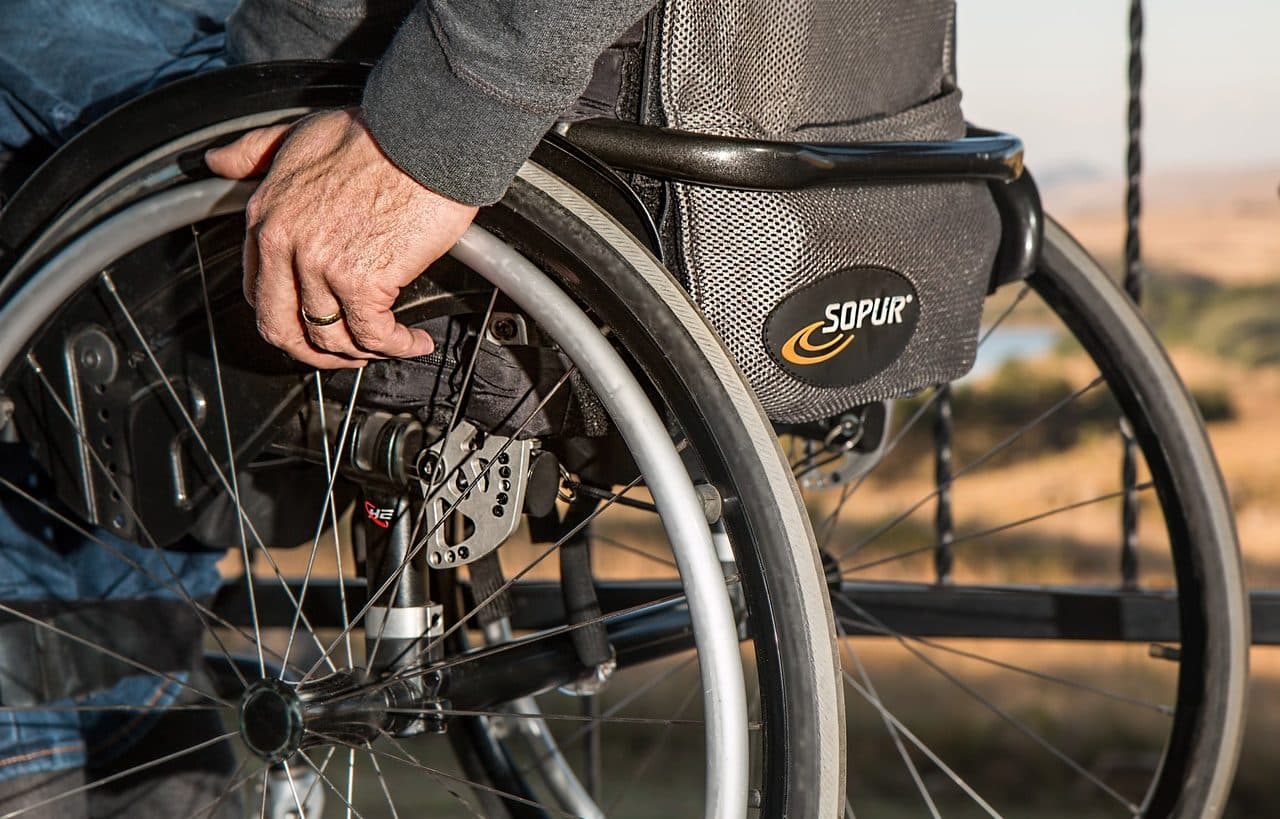
Laws are a clear example of legal impediment.
An impediment is any obstacle, barrier, difficulty, or condition that limits a person's ability to perform an action or achieve a specific goal. It can be physical, emotional, legal, social, or any other nature. It can also vary in its nature and severity, and affect different aspects of life.
Legal impediment
A legal estoppel is a restriction established within a society or system. Let's look at some of the most common ones below:
- law : a rule imposed by a competent authority that regulates the behavior of people in a society, which may be a specific prohibition or a mandatory requirement;
- regulation – established by a government authority or organization to guide or control certain activities or behaviors within a particular industry, geographic area, or environment, to impose additional requirements or restrictions on certain actions;
- censorship : deliberate suppression or limitation of freedom of expression, whether by government, religious institutions, or other entities, with the aim of controlling or influencing information disseminated within a society;
- veto : action by which an authority, such as a ruler or legislator, rejects or blocks a specific proposal, law or action;
- prohibition : legal provision that prevents certain actions or behaviors. It may be imposed by laws, regulations or competent authorities to prevent activities considered harmful, dangerous or illegal;
- code and standard – rules established by organizations or institutions to regulate behavior within a specific context, such as industry, construction or security;
- ordinance – legal provision issued by local authorities, such as municipal or regional governments, to regulate matters within their jurisdiction. It may include legal impediments related to issues such as land use, construction, public health or civic behavior;
- clause – a specific provision within a contract, agreement or law that establishes particular conditions, terms or restrictions by limiting or conditioning certain aspects of a transaction or legal relationship;
- mandates : order or instruction issued by an authority.

A motor disability is considered a physical impairment.
Physical handicap
Physical impairments are hindrances or blockages that affect a person's ability to perform everyday activities due to specific physical conditions. They can be temporary or permanent in nature and range in severity from mild to severe. There are many possible causes, including injuries, illnesses, birth defects, or chronic health conditions.
Some common examples of physical impairments include:
- motor disability – affects mobility and muscle control, such as paralysis, amputations, spinal cord injuries, severe arthritis, or neuromuscular diseases;
- visual impairment : partial or complete loss of vision, which can make activities such as reading, driving, recognizing faces, or navigating unfamiliar environments a real challenge;
- hearing impairment : inability para percibir sonidos o entender el habla. Esto puede dificultar la comunicación verbal, la interacción social y la participación en actividades como reuniones, conferencias o eventos deportivos;
- cognitive disability : handicap that affects a person's cognitive and mental abilities, such as memory, reasoning, attention, or learning.
Mental impairment
Mental impairments are obstacles that affect a person's cognitive and emotional functioning, creating disadvantages in their ability to cope with the challenges of everyday life. They can manifest themselves in various ways, such as inhibitions in learning, delays in development, stagnation in personal growth, failures in achieving goals, deficiencies in emotional management or prejudices that limit opportunities.
People who face mental impairments may experience discouragement due to the difficulty of overcoming certain obstacles, which can lead to a sense of exclusion or emotional confinement . Social prejudice can further aggravate this situation by stigmatizing them, preventing them from fully participating in society and limiting their access to certain opportunities.
Procrastination and doubt can become behavioral patterns for those who face mental impairments, making it difficult to make decisions and achieve goals . Rejection by others can generate feelings of discouragement and hopelessness , contributing to the cycle of exclusion and limitation.
It is important to recognize that mental impairments are not indicative of someone's self-worth, but rather challenges that require understanding, support and adequate resources to overcome. Society must work towards eliminating the barriers that prevent the full participation of these people, promoting inclusion and equal opportunities for all.
By providing a supportive and understanding environment, we can help those facing mental impairments overcome their obstacles, reach their full potential and contribute meaningfully to the community. Respect for the diversity of experiences and abilities is essential to building a more just and equitable society for all.

Mental impairment can affect our emotional development and our social insertion.
How to overcome impediments
Overcoming impairments, whether physical, mental, social, or any other nature, can be challenging, but there are several techniques and strategies that can help you deal with these issues effectively.
- Self-awareness : it is essential to understand one's own limitations, strengths and areas for improvement. Recognizing one's own burdens is the first step to addressing them appropriately;
- establish clear goals : realistic and achievable, which provide us with direction and motivation to leave obstacles behind;
- develop skills : those necessary to overcome the impediments, brakes and repression they cause us. This may involve learning new skills, improving existing ones, or seeking professional help if necessary;
- Seek support : It is not necessary to face impediments alone. Seeking support from friends, family, mentors, or professionals can provide helpful perspectives, advice, and encouragement during the healing process;
- adapt and be flexible – In the face of unforeseen obstacles or changes in circumstances, it is important to adapt and adjust strategies as necessary. Flexibility and recovery capacity are key to overcoming the immobilization of impediments;
- resilience : emotional and mental can help you face challenges with a positive and constructive attitude. This involves accepting failures as part of the process, learning from them and moving forward with determination;
- Use creative thinking : Facing every complication creatively can open up new opportunities and solutions. Explore different approaches, think outside the box and consider diverse perspectives;
- personal well-being : essential to stay strong physically and emotionally during the process of overcoming a bond. This includes taking care of your health, getting adequate rest, maintaining healthy habits, and seeking out activities that promote well-being;
- learn from mistakes : since they are learning opportunities. Reflecting on the past, identifying lessons learned, and using that information to adjust future strategies can be invaluable;
- Persistence and determination – Overcoming impediments can take time and effort. It is important to stay focused on goals, persevere in the face of challenges, and maintain a positive attitude and move forward without interruption.
